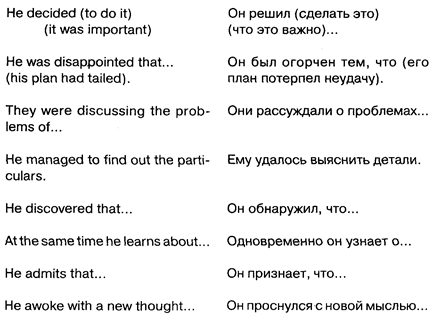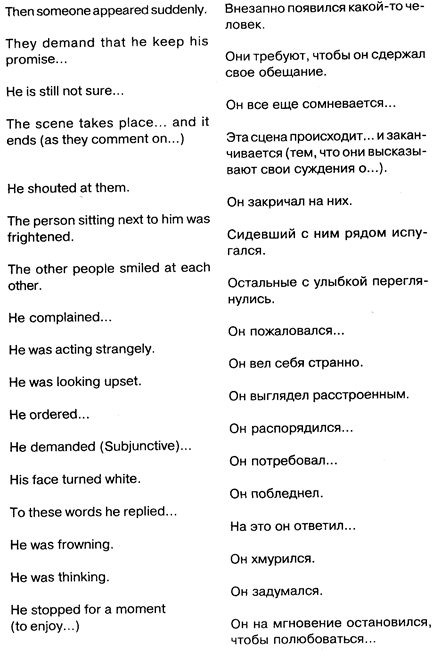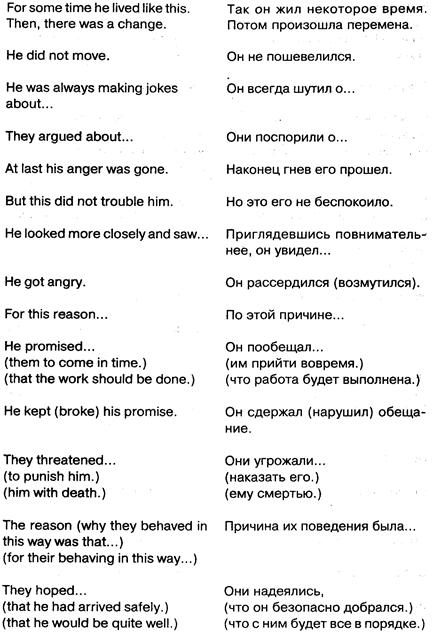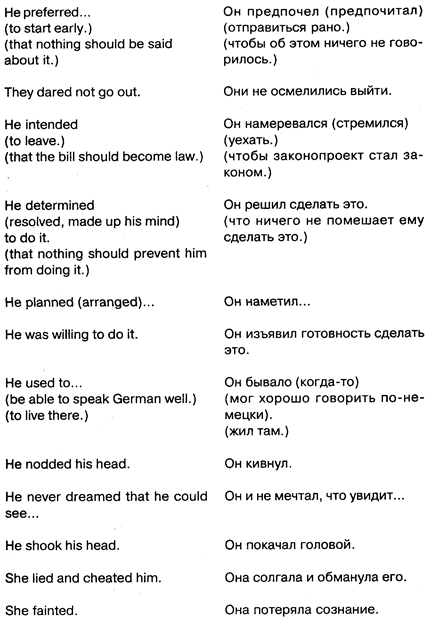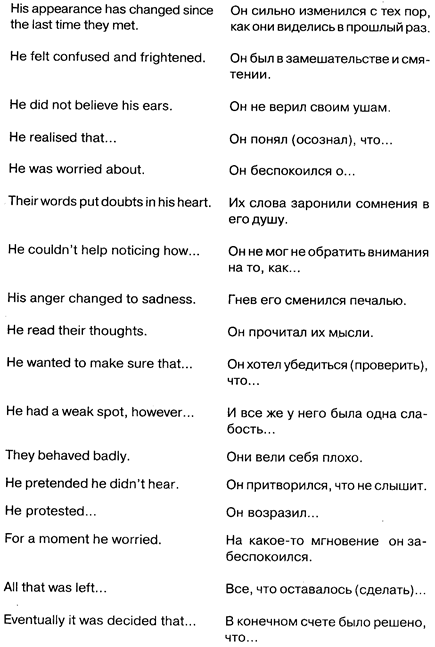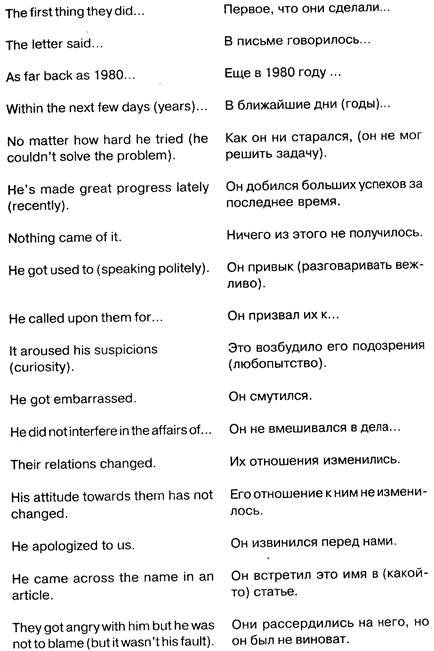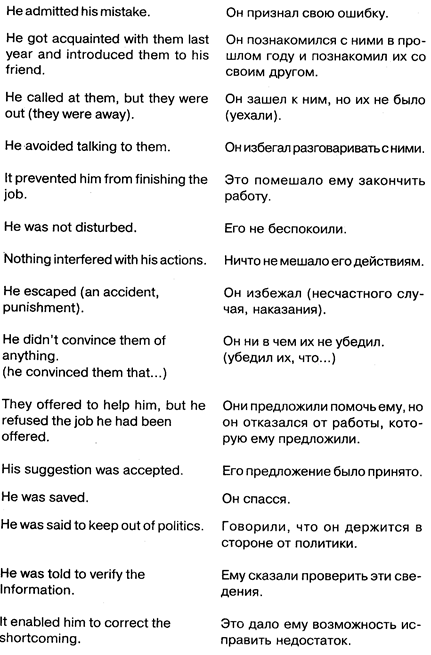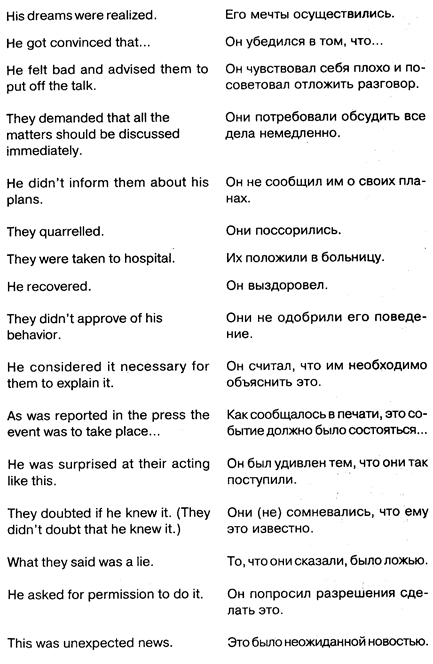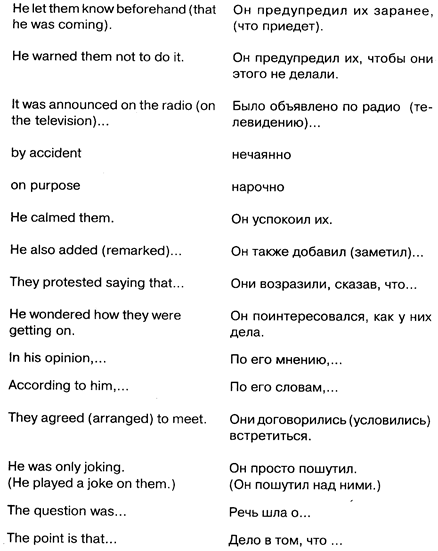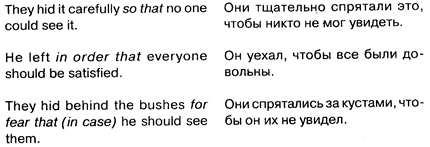
Заглавная страница Избранные статьи Случайная статья Познавательные статьи Новые добавления Обратная связь FAQ Написать работу КАТЕГОРИИ: ТОП 10 на сайте Приготовление дезинфицирующих растворов различной концентрацииТехника нижней прямой подачи мяча. Франко-прусская война (причины и последствия) Организация работы процедурного кабинета Смысловое и механическое запоминание, их место и роль в усвоении знаний Коммуникативные барьеры и пути их преодоления Обработка изделий медицинского назначения многократного применения Образцы текста публицистического стиля Четыре типа изменения баланса Задачи с ответами для Всероссийской олимпиады по праву 
Мы поможем в написании ваших работ! ЗНАЕТЕ ЛИ ВЫ?
Влияние общества на человека
Приготовление дезинфицирующих растворов различной концентрации Практические работы по географии для 6 класса Организация работы процедурного кабинета Изменения в неживой природе осенью Уборка процедурного кабинета Сольфеджио. Все правила по сольфеджио Балочные системы. Определение реакций опор и моментов защемления |
Пересказ от лица, предложенного преподавателемСодержание книги
Похожие статьи вашей тематики
Поиск на нашем сайте
Иногда в билете, особенно при пересказе художественного текста, может быть задание не просто пересказать текст в 3-м лице с точки зрения постороннего наблюдателя, но вам предложат вести рассказ от какого-то определенного персонажа. Это могут быть и те, кто в данном отрывке участвуют, и те, кого в данном отрывке нет. Например, возможен пересказ от лица главного героя, от лица какого-либо второстепенного персонажа, который лишь мельком упомянут, скажем, официанта или шофера. Возможен рассказ от лица родителей действующих лиц, хотя о самих родителях, может, ничего и не говорится, или с точки зрения человека определенной профессии – полицейского, доктора и т. п. В целом такой рассказ ведется по тем же принципам с соблюдением правил косвенной речи. Нужно лишь правильно войти в роль, представить характер персонажа и его оценку происходящего. При пересказе художественного текста можно допускать больше разговорных выражений, чем при пересказе научных, газетных и иных текстов, требующих более формальных оборотов, свойственных письменной речи. При пересказе от лица какого-либо из предложенных вам персонажей можно сразу приступать к делу, обходясь без официальных вступлений типа «Эта статья посвящена проблеме...». В качестве вступления подойдет какая-нибудь из фраз, похожая на следующие:
Иногда, особенно там, где по большей части идет диалог, по смыслу требуется краткая предыстория, например:
Если вдруг вам предложат пересказать текст от лица человека, которого там нет, вполне логично будет представиться, например:
При таких пересказах требуется определенная фантазия, так как пересказ будет идти в первом лице, от человека, за которого вам придется говорить «я», поэтому дома обязательно несколько раз потренируйтесь. Возьмите любую страницу художественного текста и попробуйте ее пересказать от лица присутствующих там или даже придуманных вами персонажей. Тогда на экзамене вы не будете испытывать чисто психологической неловкости, когда понадобится несколько минут выступать в роли другого человека. Не думайте, что все может быть так просто, как кажется, и что на экзамене такое «раздвоение» получится само собой. Для многих важно создать привычку, так как в непривычной ситуации, да еще на экзамене, под пристальными взглядами членов комиссии, человек может растеряться и, даже неплохо владея языком, сделает такой пересказ, который будет тяжелым, напряженным и способным даже вызывать некоторое раздражение. Приятное впечатление помимо правильности речи произведет и непринужденность пересказа, даже если вы должны делать его от чужого лица. Чтобы избежать монотонности («он сказал», «он сказал»), желательно в пересказе использовать достаточно широкий спектр красок и оттенков («он добавил», «он заметил», «на лице его отразилось...»).
Обратите внимание на то, как передается оборот, соответствующий русскому «чтобы» в придаточных цели.
Но в определенных случаях достаточно употребить простой инфинитив:
Возможно выразить цель и оборотом с предлогом for:
Как работать с этим «арсеналом»? Показываем его применение на практике. Возьмем те же тексты, которые были предложены в предыдущем разделе для перевода. Теперь их нужно пересказать. С чего начать? Обращаемся к имеющемуся списку и выбираем подходящий для этой ситуации элемент вступления. Затем добавляем сюда подходящую часть текста. Это может быть одно или несколько предложений с необходимыми сокращениями или даже часть предложения. Затем двигаемся дальше, подставляя по логике вещей нужные элементы. Примеры возможных вариантов пересказа. (Фразы, взятые из «арсенала», напечатаны курсивом.) It's a passage from the well-known book by Lewis Carroll: «Alice's Adventures in Wonderland». As far as I know, the novel was written in the last century. The passage is about the meeting of Alice {the main character of the novel) with the Cat. The Cat saw Alice and grinned. It looked good-natured but Alice felt that it ought to be treated with respect because it had very long claws and a great many teeth. Alice didn't know how to address it. At last she decided to call it «Cheshire Puss». She got used to speaking politely. Alice began timidly as she didn't know whether it would like the name. Alice saw the Cat grin a little wider and she went on. She asked the Cat to tell her which way she could go from there. The Cat said that it depended on where she wanted to get to. Alice said that she didn't much care where. To these words the Cat replied that it didn't matter which way to go. Alice added as an explanation that she wanted to get somewhere. The Cat remarked that if she went long enough she was sure to get somewhere. Alice got embarrassed. But she tried another question. She asked what sort of people lived about there. The Cat told her that in the one direction lived a Hatter and in the other direction lived a March Hare. According to the Cat, they were both mad. Alice said that she didn't want to go among mad people. The Cat replied that she couldn't help that because they were all mad there. Alice asked how he knew that she was mad. The Cat explained that she must be mad or she wouldn't have come there. Alice didn't get convinced. She didn't think it to be a proof. She wondered how the Cat knew it was mad. As an explanation the Cat adduced an example. A dog growls when it is angry and wags its tail when it's pleased. Referring to this fact it concluded that it was mad because it growled when it was pleased and wagged its tail when it was angry. Alice dared to say that she called it purring, not growling. The Cat allowed her to call it what she liked. Then it wondered if she played croquet with the Queen on that day. Alice said that she should like it very much but she hadn't been invited yet. The Cat promised that she would see it there and vanished. Alice was not much surprised at this. It was caused by the fact that she was getting used to queer things happening. She hoped that everything would be all right.
Следующий текст. It's a passage from the novel by Walter Scott. It is a historical novel. The passage is a description of the scene and the period of action. The scene is laid in England when the power there is in the hands of Normans. The concrete place of action is the district of England watered by the river Don. There extended in ancient time a large forest. The remains of this extensive forest are still to be seen. According to legends, there haunted the fabulous Dragon. There were fought many battles during the Civil Wars of the Roses. A s regards this line a few comments from the course of history can be made. It is the so-called war of the White and the Red Roses. It was caused by the struggle of the nobles in England for power. Now I continue. There also used to act bands of gallant outlaws. Their deeds have been rendered popular in English song. Further the author concentrates on the time of the events of the story. It refers to a period towards the reign of Richard I. From the text we learn that he had not returned from his long captivity. One of the consequences is that his subjects are being oppressed by the nobles. The nobles resume their ancient license. They behave insolently and nothing interferes with their actions. They break their promises to the king, fortify their castles and try to increase the number of their dependants. Each of them strives to become a strong figure. In conclusion the author says that national convulsions are impending. It is worth noting that the very word «convulsion» gives some idea of what to expect of this struggle.
Далее текст уже не из художественной литературы. Естественно, что его пересказ будет в большей степени сопровождаться оборотами, характерными для стиля общенаучного изложения. The text deals with the problem of running a theatre. From the text we learn that there are two systems of running professional theatrical enterprises. They are: the so-called «repertory» system and. the «ad hoc» system. Now I am going to dwell on them in detail. The first system is associated with the world's most famous theatrical companies. This system involves a permanent producing organisation, It controls the theatre and engages its actors to perform numerous plays. According to this system, once a play has been performed for several nights it goes into repertoire. It means that the production is ready to be put on at any time. For that reason such companies are often called repertory companies. But the author does not agree with that. In his opinion, they are not «repertory companies», but stock companies, because they have in fact no repertoire. The next paragraph is concerned with the work of actors in a repertory company. For actors who love their profession this is the better system. But it can be hard for lazy actors. Further the author considers the other system, (t is employed by the commercial theatres of London, Paris, New York and many other capitals. A manager decides to do a ptay. He employs a director, a scene-design, a stage stuff and actors – simply to do the one play. This system has its advantages and disadvantages. On the one hand, it offers a wide choice of actors but on the other hand, more money is wasted with this system than with the first one. In the last paragraph the author makes the conclusion that except wide choice of actors and actresses this system is inferior to the permanent company and repertory system. These are the main points of the text.
И, наконец, приведем пример пересказа текста от лица, предложенного преподавателем, с использованием имеющихся вспомогательных средств. Например, вам предложили сделать пересказ от лица Кота. Вот один из возможных вариантов:
I was lying and warming myself in the sun. Suddenly a little girl appeared. She must have never dreamed that she would see the real Cheshire Cat. So she was surprised. She felt confused and frightened. She didn't believe her eyes. I got convinced that she is a pleasant girl because she talked to me with respect. She asked me which way she ought to go from here. / had to explain to her that it depended on where she wanted to go. Of course, she is mad or she wouldn't have come here. But she didn't admit it. She doesn't understand clear and simple proofs. But / didn't get angry with her. It wasn't her fault. She is too little. I promised her that she would see me at croquet with the Queen, and vanished. I imagine her surprise. It was so unexpected to her. But I was only joking.
Большинство выражений здесь взято из предложенного списка, и они вполне подходят к данной ситуации в сочетании с некоторыми элементами текста. Точно так же, подбирая нужные по смыслу фразы, можно делать пересказы практически любых текстов. Попробуйте пересказать текст о двух системах театра от лица ленивого актера. Вы найдете в предложенном вам «арсенале» достаточно средств, чтобы получился интересный и содержательный рассказ. Здесь перед вами широкие возможности.
Раздел 5. ВОПРОСЫ И ОТВЕТЫ НА НИХ
|
||||
|
Последнее изменение этой страницы: 2016-07-11; просмотров: 1140; Нарушение авторского права страницы; Мы поможем в написании вашей работы! infopedia.su Все материалы представленные на сайте исключительно с целью ознакомления читателями и не преследуют коммерческих целей или нарушение авторских прав. Обратная связь - 3.16.50.1 (0.009 с.) |





